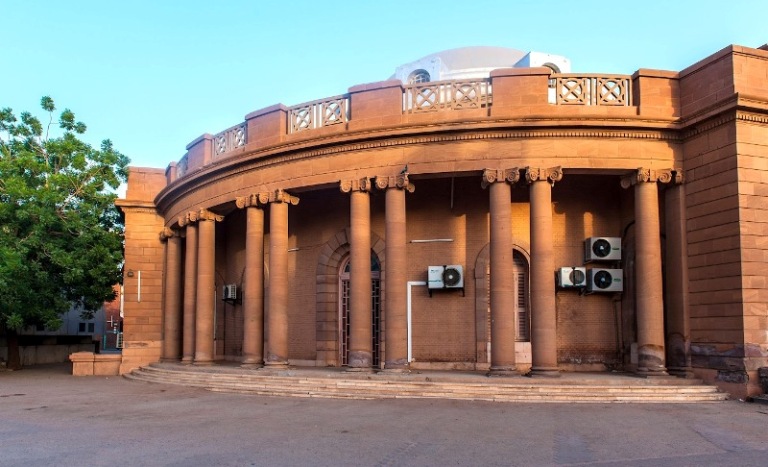Power outages causing deaths among kidney patients in Khartoum: medics
April 15, 2024 (KHARTOUM) – An emergency room in the area east of the Sudanese capital, Khartoum has expressed fears over the increasing deaths among kidney patients due to lack of medications and power outages.
Medical professional on Thursday said six kidney patients had died as a result of lack of water and high fuel prices to operate dialysis machines amid power outages, since conflict erupted in the country a year ago.
A member of the emergency room, speaking to Sudan Tribune on Wednesday, said he expected an increase in “the number of kidney patient deaths due to power outages, high fuel prices, and lack of water to operate dialysis machines.”
There are concerns that acute shortage of dialysis medications, especially heparin and acid, may lead to a rise in kidney patient deaths in coming periods.
According to medics, the Al-Ban Jadeed Center provides medical services to 140 patients and receives emergencies daily from inside and outside Khartoum State.
Medical authorities said they are able to address the acute shortage of dialysis medications after the death of a large number of kidney patients in Sudan, following the outbreak of the conflict. They, however, say the challenges of delivering medicines and consumables to war zones remain.
Up to 80% of hospitals and health facilities in conflict zones were closed, had been occupied, bombarded, lacked medicines for had their medical staff displaced
A medical professional said there was a shortage of chronic disease medications in the east of the Nile, and the poor preparation of health centers and hospitals is pushing the transfer of critical cases out of the state.
They further stated that the East Nile region suffers from poor healthcare, a severe shortage of food and high prices, in addition to a month-long power outage that affected the water supply.
The suspension of communications and the internet has caused the disruption of banking transfer services through phone applications, which exacerbated the food crisis, along with weak communication with volunteers within neighborhoods to monitor violations.
The East Nile emergency room reportedly oversees more than 150 community kitchens, including those supported by humanitarian organizations, all working to provide food to tens of thousands of citizens stuck in the region.
(ST)

